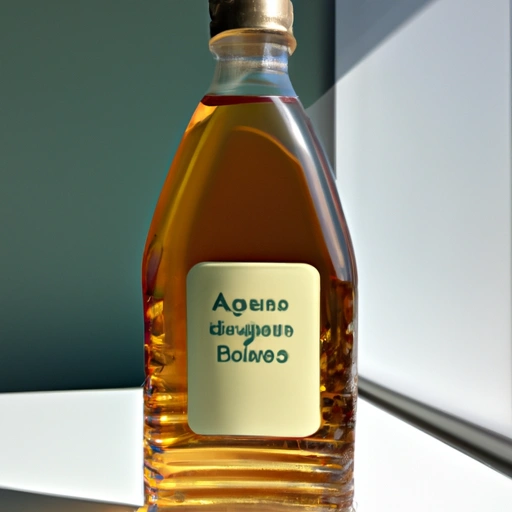Agave Nectar
Description

Agave nectar, also known as agave syrup, is a natural sweetener commonly harvested from the core of the blue agave plant primarily found in Mexico. This syrup is a popular alternative to traditional sugar and honey, offering a distinctive flavor that is often described as milder and lighter than its counterparts. Agave nectar has gained global recognition for its versatility in the kitchen and is used in a variety of recipes in both solid and liquid forms, measured in teaspoons (tsp), tablespoons (tbsp), fluid ounces (fl oz), grams (g), and milliliters (ml).
Common uses
Agave nectar is often used to sweeten beverages like teas, coffees, and cocktails, as well as in baked goods, desserts, sauces, and dressings. Its low glycemic index makes it a popular choice for those monitoring blood sugar levels, though it should still be consumed in moderation.
Nutritional value
Calories
Typically, agave nectar contains about 60 calories per tablespoon (21g), which is slightly higher in calories compared to the same amount of table sugar.
Protein
Agave nectar offers negligible protein content, making it primarily a source of energy rather than a protein supplement.
Fat
This sweetener contains no fat, making it a fat-free option for sweetening foods and beverages.
Carbohydrates
Agave nectar is primarily composed of carbohydrates, with about 16 grams of carbs per tablespoon (21g), most of which are simple sugars.
Vitamins
There are minimal amounts of vitamins in agave nectar, with trace amounts of B vitamins in some varieties.
Minerals
Agave nectar contains small amounts of minerals such as calcium, potassium, and magnesium, but not in significant amounts to contribute to daily nutritional needs.
Health benefits
Agave nectar has a lower glycemic index than regular sugar, which may result in a less dramatic spike in blood glucose levels when consumed. Its natural composition can also make it a more suitable sweetener for vegans and those avoiding processed foods.
Potential risks
Despite its natural origin, agave nectar is high in fructose, which can be harmful in excessive amounts. Overconsumption may lead to health issues such as weight gain, insulin resistance, and liver problems. It should be used in moderation, especially by individuals with fructose intolerance or diabetes.
Common recipes
Agave nectar is often found in recipes for baked goods, smoothies, marinades, and salad dressings. It can also be used to make granola, pancakes, and vegan-friendly desserts.
Cooking methods
As a liquid sweetener, agave nectar blends easily into both cold and hot preparations without the need for additional processing or dissolving.
Pairing with other ingredients
Agave nectar pairs well with acidic fruits like lemons and limes, complements the bitterness of certain teas and coffee, and balances the flavors in savory dishes that require a touch of sweetness.
Summary
Agave nectar is a versatile and globally recognized sweetener that can bring a touch of natural sweetness to a wide range of dishes. Its low glycemic index and vegan-friendly qualities make it a popular choice among health-conscious consumers. However, like all sweeteners, it should be used in moderation to avoid potential health risks associated with excessive fructose consumption.